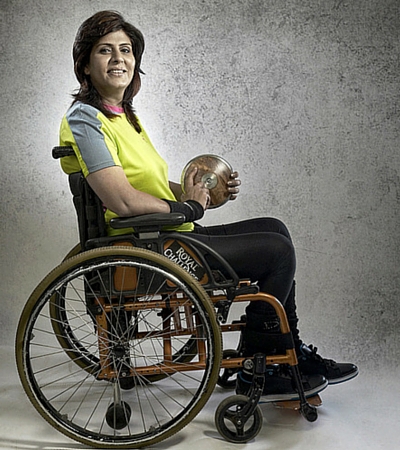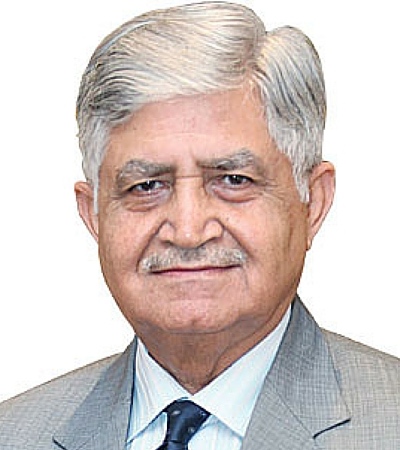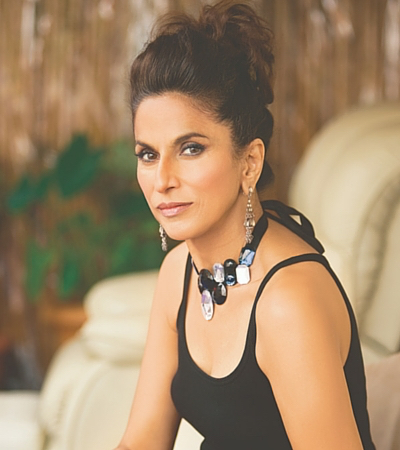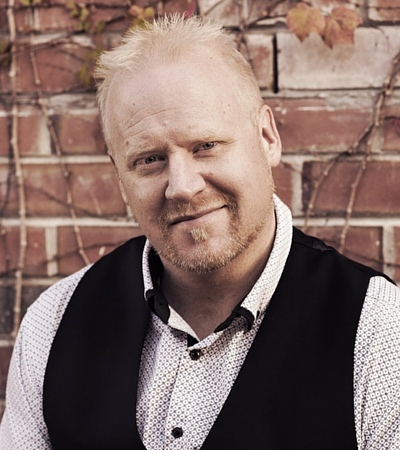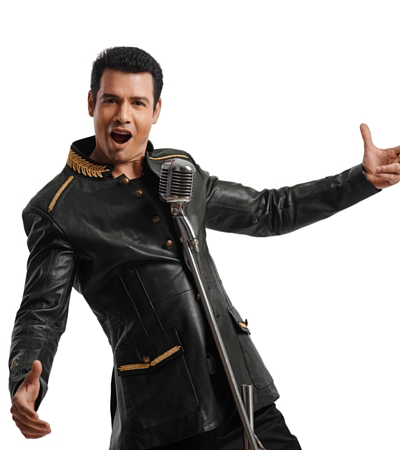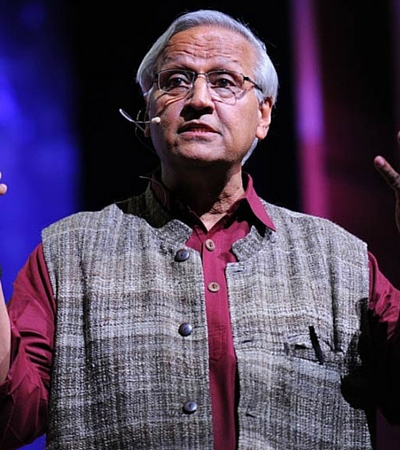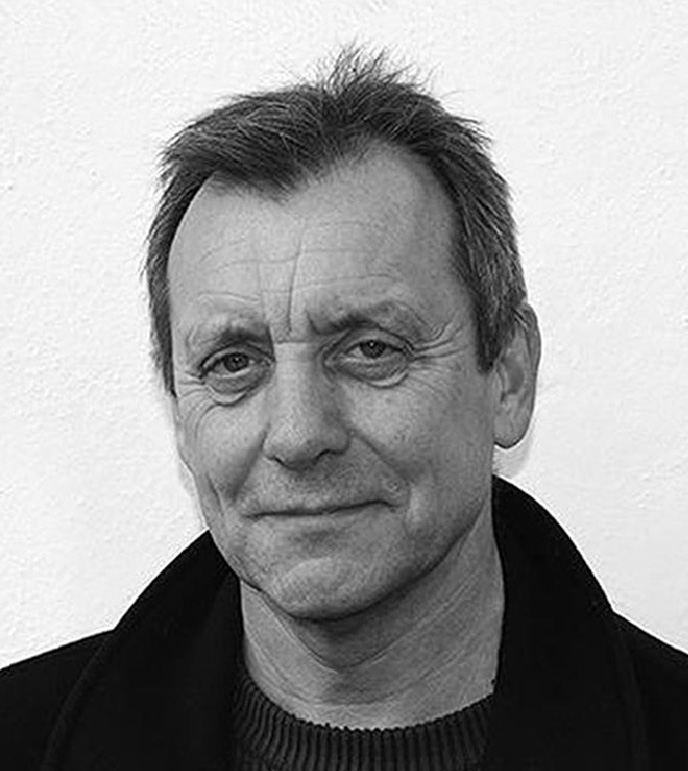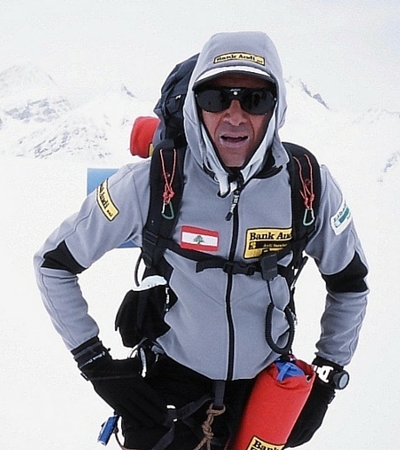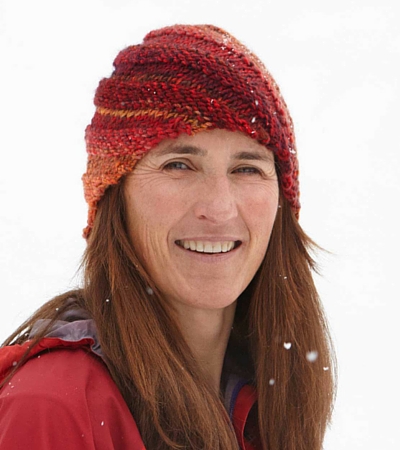- Home
- About
- Services
-
Speakers
- Motivation/Inspiration
- Leadership
- Women & Leadership
- Business Leaders
- Entrepreneurs
- Sports & Adventure
- Future & Technology
- Innovation
- Social media
- Celebrities
- Team Building
- Health & Wellness
- Media/ Marketing
- Authors
- Communication/ Negotiation
- Journalists
- Global Affairs & Politics
- War & Defense
- Economics & Finance
- Entertainers
- Comedians
- Hosts
- Diversity
- Industry experts
- Environment
- Professors/ Scholars
- Social Activists
- Human Resources
- TEDx Speakers
- Indian Regional
- Mythology & Literature
- CSR
- Spirituality & Mindfulness
- Youth
- Exclusive Speakers
- Cinema & The Arts
- Influencers
- All Speakers
- Events
- Contact Us
- Wish List
Arunachalam Muruganantham
Social Entrepreneur | TED Speaker
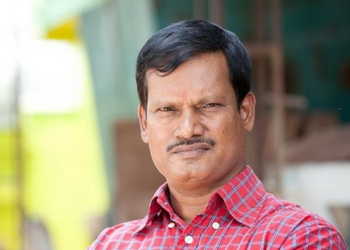
Who am I
Mr Muruganantham has been accorded the recognition as Time Magazine’s 100 Most Influential People in the World 2014 for his accomplishments. He is in the company of the likes of Narendra Modi, Barack Obama, Serena Williams, Ronaldo, Xi Jinping, Jeff Bezos, Malala, Shinzo Abe, Beyonce, Putin, Arundhati Roy, Hilary Clinton etc., to name a few of the 100.
He has given women from low-income groups in India dignity, by making it possible for them to afford to buy sanitary towels and provide them with an income at the same time. Arunachalam Murugananthamis the person who changed things. From a poor background in the South of India, he created the world’s first low-cost machine to produce sanitary towels. According to a report by market research group AC Nielsen, “Sanitary Protection: Every Woman’s Health Right”, 88% of women in India are driven to use ashes, newspapers, sand husks and dried leaves during their periods. As a result of these unhygienic practices, more than 70% of women suffer from reproductive tract infections, increasing the risk of contracting associated cancers.
Muruganantham re-engineered a sanitary machine, and in 2006 it won the award for the best innovation for the betterment of society from the Indian Institute of Technology, Chennai. Plus, he also received an Indian presidential award for innovation. Currently, more than 1300 machines made by his start-up company, Jayaashree Industries, are installed across 27 states in India and seven other countries.. This social entrepreneur sells his low-cost machines directly to rural women through the support of bank loans and not-for-profit organisations. A machine operator can learn the entire towel-making process in three hours and then employ three others to help with processing and distribution.
Murugnantham says, "Creating one Million livelihoods for poor women and making India as 100% sanitary napkin using country from the current level of only 2% in rural also it will generate employment for one million women. No one is bothered about uneducated and illiterate people. Through this model, they can live with dignity.

Who am I
Mr Muruganantham has been accorded the recognition as Time Magazine’s 100 Most Influential People in the World 2014 for his accomplishments. He is in the company of the likes of Narendra Modi, Barack Obama, Serena Williams, Ronaldo, Xi Jinping, Jeff Bezos, Malala, Shinzo Abe, Beyonce, Putin, Arundhati Roy, Hilary Clinton etc., to name a few of the 100.
He has given women from low-income groups in India dignity, by making it possible for them to afford to buy sanitary towels and provide them with an income at the same time. Arunachalam Murugananthamis the person who changed things. From a poor background in the South of India, he created the world’s first low-cost machine to produce sanitary towels. According to a report by market research group AC Nielsen, “Sanitary Protection: Every Woman’s Health Right”, 88% of women in India are driven to use ashes, newspapers, sand husks and dried leaves during their periods. As a result of these unhygienic practices, more than 70% of women suffer from reproductive tract infections, increasing the risk of contracting associated cancers.
Muruganantham re-engineered a sanitary machine, and in 2006 it won the award for the best innovation for the betterment of society from the Indian Institute of Technology, Chennai. Plus, he also received an Indian presidential award for innovation. Currently, more than 1300 machines made by his start-up company, Jayaashree Industries, are installed across 27 states in India and seven other countries.. This social entrepreneur sells his low-cost machines directly to rural women through the support of bank loans and not-for-profit organisations. A machine operator can learn the entire towel-making process in three hours and then employ three others to help with processing and distribution.
Murugnantham says, "Creating one Million livelihoods for poor women and making India as 100% sanitary napkin using country from the current level of only 2% in rural also it will generate employment for one million women. No one is bothered about uneducated and illiterate people. Through this model, they can live with dignity.
Alternative Speakers
Quick Information
Travels From
India

